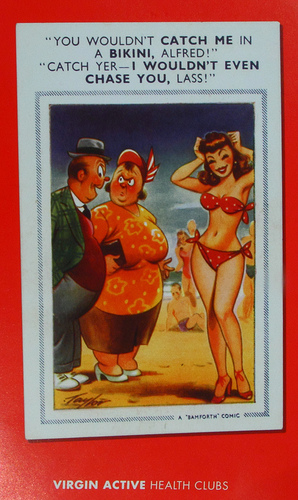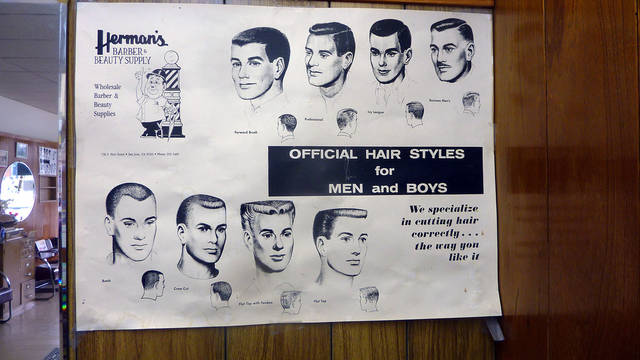Mindy J. and Andrea F. sent in a really interesting project by artist Nathan Vincent. Vincent recreates masculine items and ideas with feminine crafts in order to upset the gender binary. He explains:
My work explores gender permissions and the challenges that arise from straying from the prescribed norms. It questions the qualities of gender by considering what constitutes masculine and feminine. It critiques stereotypical gender mediums by creating “masculine objects” using “feminine processes” such as crochet, sewing, and applique.
For example:
More examples of his work at his site.
Lisa Wade, PhD is an Associate Professor at Tulane University. She is the author of American Hookup, a book about college sexual culture; a textbook about gender; and a forthcoming introductory text: Terrible Magnificent Sociology. You can follow her on Twitter and Instagram.









